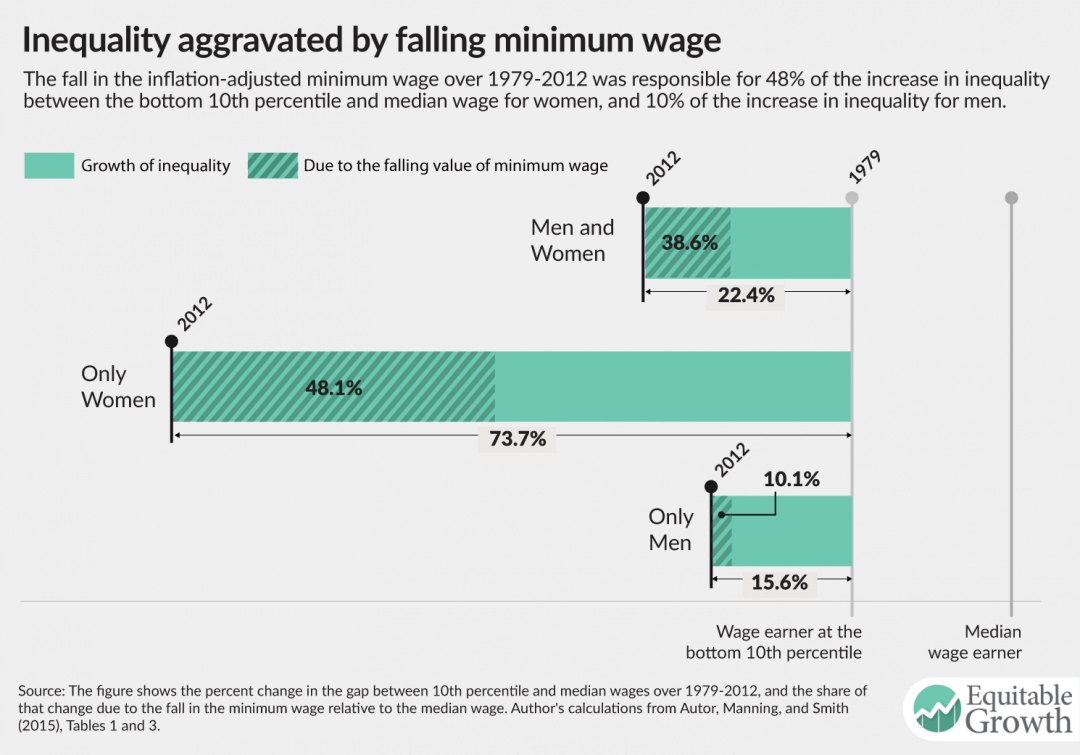Must-Read: The word from the Economist: Donald Trump has no clue how integrated the U.S. is with the rest of the world economy, and his court is full of sycophants who have no interest in educating them—who take their job to be to “chime in and agree with whatever the president had just said, rather than offering candid advice…”
David Rennie: An Economist reporter dishes on Trump’s ‘priming the pump’ interview: “On trade deals… [Trump] seems to think that… if the Mexicans seem to be doing well out of the deal at all… https://www.pri.org/stories/2017-05-12/economist-reporter-dishes-trumps-priming-pump-interview
…then that shows you that others are taking advantage of America. And that’s just not how trade works…. He was on the very point of withdrawing from NAFTA… but then he’d had a nice phone call from the prime minister of Canada and the president of Mexico. And they asked him “could you think again? Maybe we should renegotiate instead of withdraw completely?” And so out of respect for them, he agreed to do that…. People in the inner circle… said it was a lot more chaotic…. The reason the Canadians and the Mexicans called the president was that people in the inner circle of team Trump were very anxious…. They called [Canada and Mexico] and said, “You need to call [the president]. Right now.” People inside the White House also called the new Agriculture Secretary Sonny Perdue… [saying], “You need to come over here now! You need to! He’s about to withdraw from NAFTA.” So Sonny Perdue literally asked his staff to draw up a map of the bits of America that had voted for Donald Trump and the bits of America that do well from exporting grain and corn through NAFTA….
It was kind of like being in a royal palace several hundred years ago, with people coming in and out, trying to catch the ear of the king. That’s the feel at the Trump Oval Office…. There is a “Tudor court” side to it. And the role of some pretty senior figures, including cabinet secretaries, was to chime in and agree with whatever the president had just said, rather than offering candid advice.
There was a moment with Steve Mnuchin…. [Trump] said, “As soon as I started talking about China being a currency manipulator, they cut it out.”… What was striking was… Mnuchin… chimed in and said, “Oh yeah. The day he became president, they changed their behavior!” And factually, that’s just not right. It’s quite striking to see a cabinet secretary making that point in that way….
A lot of the reporting has said that there are two completely different factions… a moderate, globalist one led by… Kushner… a dark, nationalist, angry view… Bannon… locked in a fight…. We came away with a different impression…. Donald Trump is a nationalist with a grievance. He thinks that the world has taken advantage of America for too long, and it’s time for America to be tougher and gruffer and more assertive and more selfish. If there are different voices, it’s a question of tactics…. I don’t think that a globalist, moderate wing is somehow going to win the argument and change Donald Trump. He is who he is…
Sarah Birnbaum: An Economist reporter dishes on Trump’s ‘priming the pump’ interview: “The Economist’s own analysis was even more scalding than the snarky tweets… https://www.pri.org/stories/2017-05-12/economist-reporter-dishes-trumps-priming-pump-interview
…The magazine declared:
The impulsiveness and shallowness of America’s president threaten the economy as well as the rule of law.
The article goes on to compare Trump to a modern-day Henry VIII… never a good thing:
Donald Trump rules over Washington as if he were a king and the White House his court. His displays of dominance, his need to be the centre of attention and his impetuousness have a whiff of Henry VIII about them. Fortified by his belief that his extraordinary route to power is proof of the collective mediocrity of Congress, the bureaucracy and the media, he attacks any person and any idea standing in his way…
Ouch.



